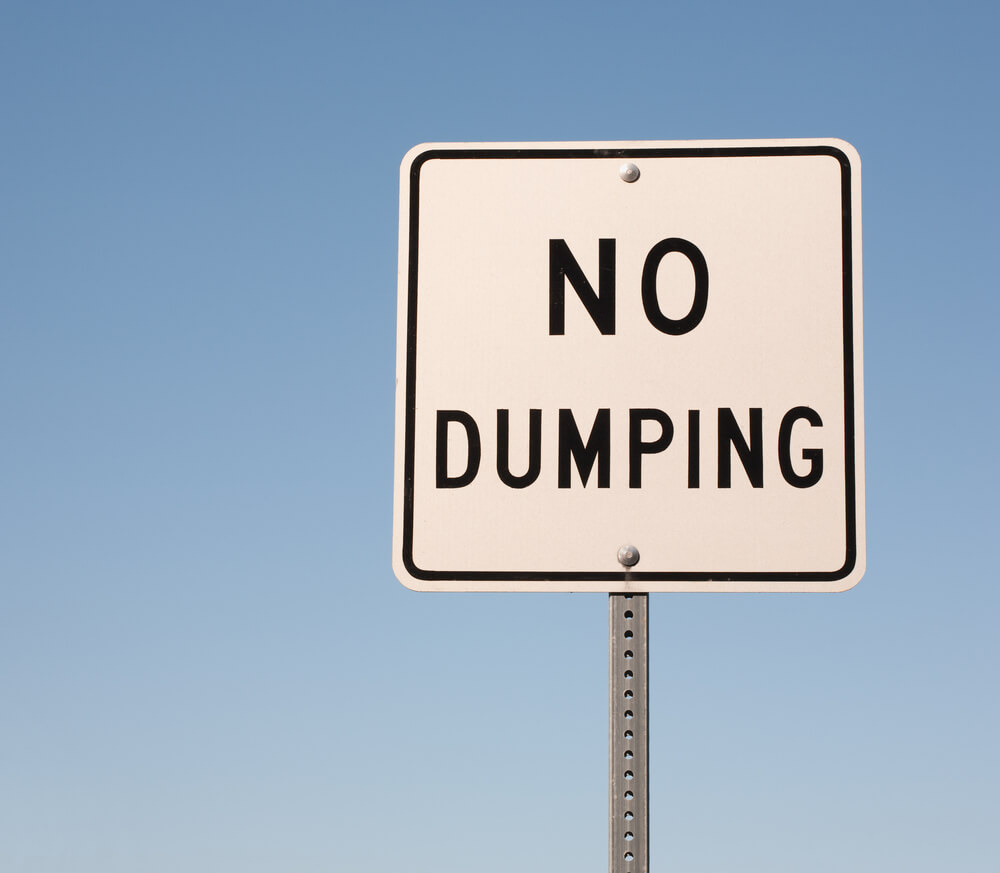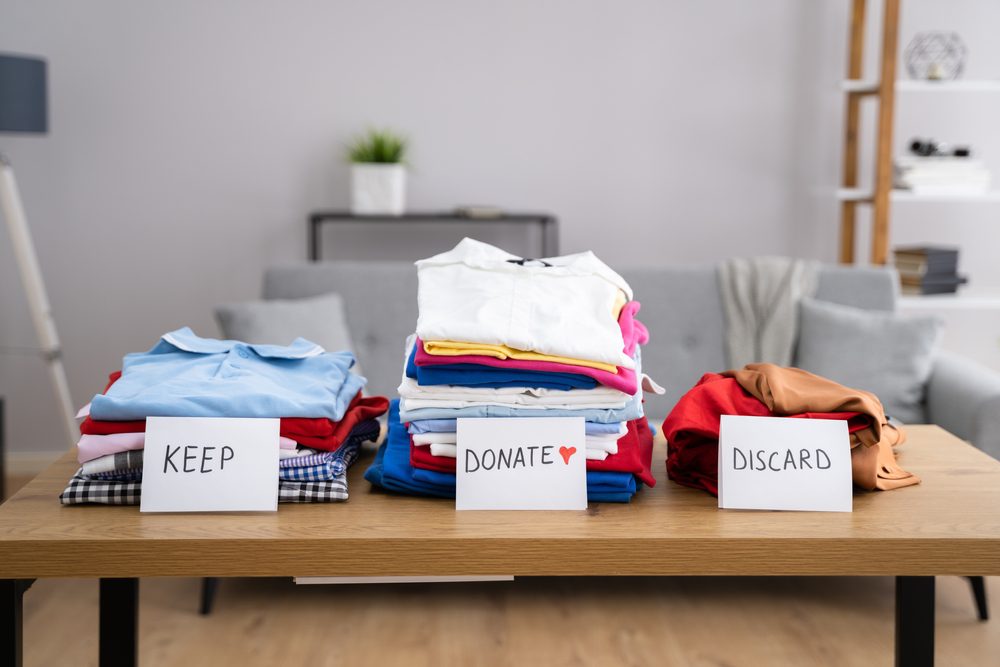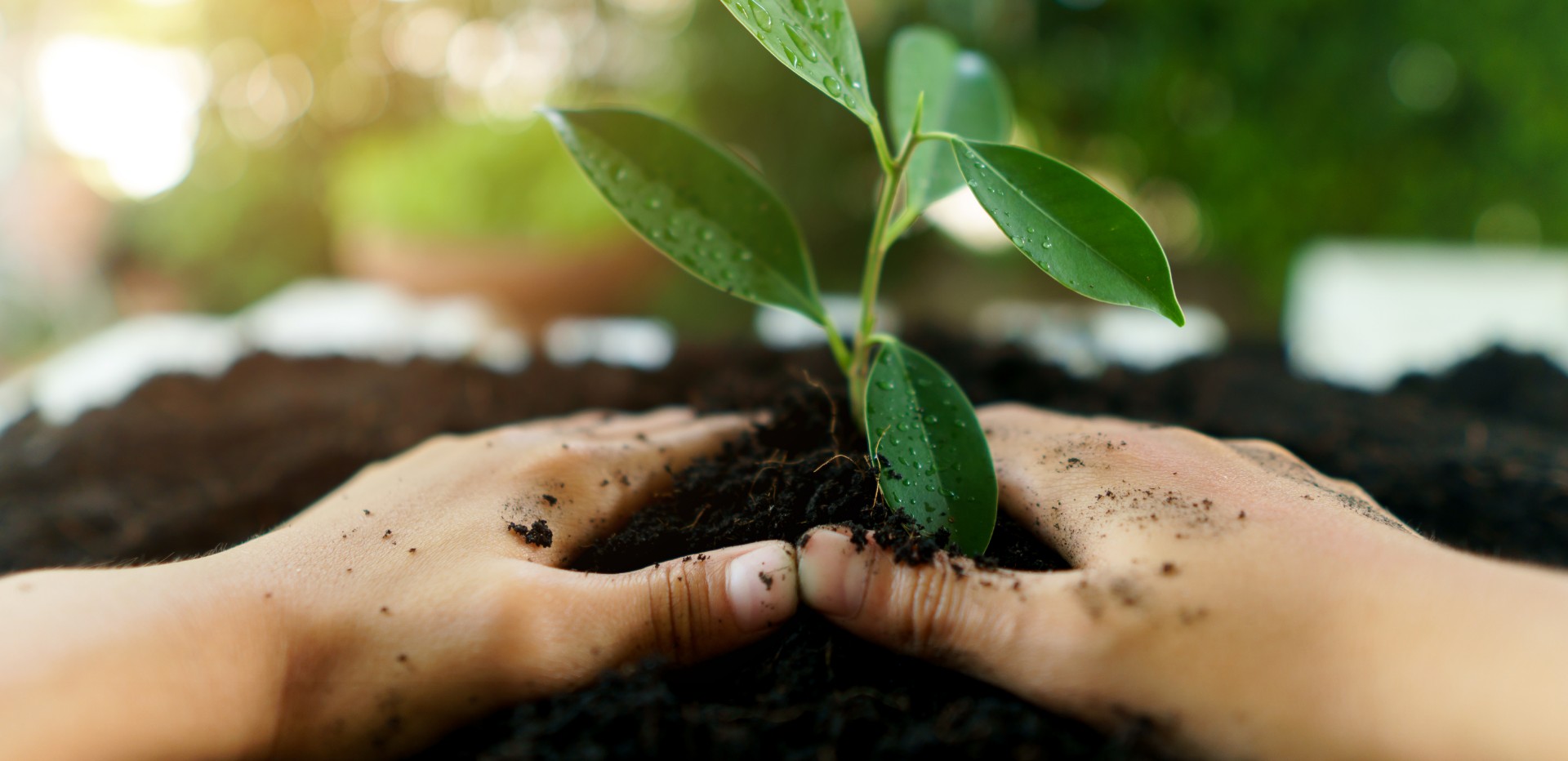On a planet with islands of trash in the ocean and over 1.8 million acres of land taken up by landfills, recycling is an important practice that helps give items a second (or third, fourth or fifth) life.
However, each city, county and state has different guidelines as to which items can and cannot be recycled – making the practice of recycling confusing, and dependent on your region.
As a result, Texas Recycles Day, celebrated annually on November 15, was created: a statewide campaign that aims to educate Texans on the benefits of recycling, as well as steps they can take to carry on the spirit of Texas Recycles Day, every day.
The campaign is celebrated in association with EPA-run America Recycles Day, and invites everyone – from individuals and neighborhood groups to businesses and schools – to participate, no matter how large or small your part may be.
So, how can you celebrate Texas Recycles Day this year? Check out the following 5 ways to celebrate recycling in your office, school, home and more.
5 Ways to Celebrate Texas Recycles Day this year
1. Educate yourself
The first step to practicing recycling wherever you live is to educate yourself on proper recycling practices in your neighborhood. Does your area offer single-stream recycling pickup? If not, are drop off locations accessible?
Additionally, start by figuring out what your recycling service can and cannot recycle. Many services offer both ferrous and non-ferrous metals recycling as well as recycling for common construction waste materials, like scrap concrete, asphalt and rock.
TDS has prepared a guide to common recycling questions, which you can use to get started on your recycling planning.
2. Create a plan for educating your staff, coworkers, students, and more
Once you are up to speed on recycling practices in your area, spread the word. Many recycling services have signage that depict what items can be disposed of through single stream recycling. Go the extra mile and make sure those around you know local recycling standards as well. This can be as simple as sending an email to your staff or posting clearly labeled signs next to each recycling bin.
3. Be sure recycling bins are accessible and clearly labeled in your home, office or school
While it may seem obvious, the best way to get people to recycle is to make recycling bins as accessible as possible.
Be sure that clearly labeled recycling bins are placed next to each trash can. If someone else is in charge of handling waste disposal, like an office Green Team, talk to them. They’ll more than likely appreciate the initiative.
4. Schedule a tour of your recycling facility
A great way to get your workplace, school, or other group involved in recycling is to schedule a tour at your local recycling facility. Seeing the process of recycling up close and personal can get folks excited about how recycling can benefit your community. Oftentimes, your tour guide will deliver recycling tips and tricks unique to your area that are hard to find online.
Additionally, tours offer a “field-trip” like experience that allow groups to bond and get to know each other better – helpful when creating a post-tour recycling task force or for generating group morale.
5. Consider Composting
Did you know that composting is recycling…food? Yes, by composting your food scraps, such as coffee grounds, egg shells, apple cores and more, you’re returning your leftover lunch back to the soil. Learn more about composting and composting services with TDS here, and composting in the workplace here.
Celebrate Texas Recycles Day with TDS
No matter where you live, TDS can help you get started learning about the importance of recycling to our local communities as well as the planet. We offer recycling advice, tips and more on our blog, as well as residential and commercial single-stream recycling and composting collection services.
For those who work in schools, you also have the option to take part in our Eco Academy to educate K-12 students about landfills, recycling and composting options.



